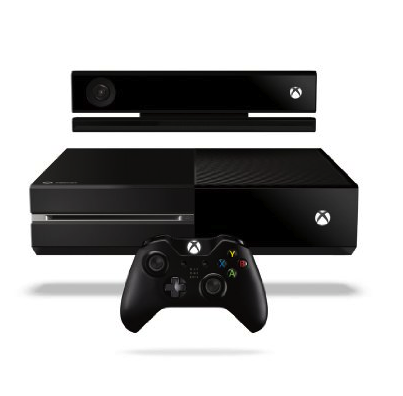Microsoft Hopes Publishers Will Provide More Value To Consumers If Xbox One Games Can’t Be Resold
 Microsoft continues to try to convince concerned consumers that the highly restrictive policies for lending out, reselling, and giving away Xbox One games are actually just the next step in entertainment evolution and that we’ll all come to thank the company for what it’s doing.
Microsoft continues to try to convince concerned consumers that the highly restrictive policies for lending out, reselling, and giving away Xbox One games are actually just the next step in entertainment evolution and that we’ll all come to thank the company for what it’s doing.
In a recent interview with Ars Technica, Microsoft Xbox Chief Marketing and Strategy Officer Yusuf Mehdi talks about those people who currently depend on reselling or trading in games to soothe the sting of paying $60 or more for a new title. Under the new model, publishers will determine which games can be resold and where, this has a number of consumers understandably upset, especially as copyright law has historically given the consumer the right to resell his copy of a disc-based game to anyone he wants for whatever price the buyer is willing to pay.
But a growing amount of game content is now downloaded, so even if the customer buys a game on disc, half of what she ultimately plays on that game might have been later downloaded onto her console or be stored in the cloud. Some publishers hold that digital content is not purchased in the traditional sense, and contend that it is therefore not always bound by the doctrine of First Sale, which allows for the reselling of games, movies, books, CDs and the like. And so Microsoft is banking on publishers figuring out how to please customers who can’t resell games.
“As you go into a digital world, what’s happening is publishers are choosing to have different business models, and consumers are saying ‘Hey, if I can’t resell the title, provide me a different way to get value to get into your game,'” says Mehdi. “And we think the market will be efficient in finding good models that work for consumers.”
So Microsoft is hoping that publishers, who have spent the last seven years increasingly milking gamers for add-on content (some of which could arguably have been included in the original release), will reward consumers with more and better content without charging more for it. Excuse me while I cough quietly and raise an eyebrow.
The company is also banking on most people just not giving a damn.
“I think it’s fair to say there’s a segment of consumers at this show in particular who really pay attention, who are very passionate about all aspects of gaming, and that we listen to closely,” explains Mehdi. “In a broader set of community, people don’t pay attention to a lot of the details. We’ve seen it in the research, we’ve seen it in a lot of the data points.”
The part of the interview I found most fascinating was Mehdi’s attempt to explain how Microsoft had to juggle the concerns of consumers, retailers, and publishers.
“Within that, we’ve tried to optimize, and I think we’ve found a great balance across all of those dimensions… But there are tradeoffs. We do want to support everyone in that system, beginning with the consumer. But we want publishers to get paid for the great IP they work on. We want retailers to be able to drive and sell our products and make a profit.”
What caught me about the above paragraph was that he claims to put consumers first, but doesn’t go into any details as to what that means. He states clear examples for what publishers and retailers care about and what they gain from the trade-offs, but no mention of what a consumer might want to get out of the product or what trade-offs the other parties have made to satisfy consumers.
Want more consumer news? Visit our parent organization, Consumer Reports, for the latest on scams, recalls, and other consumer issues.

